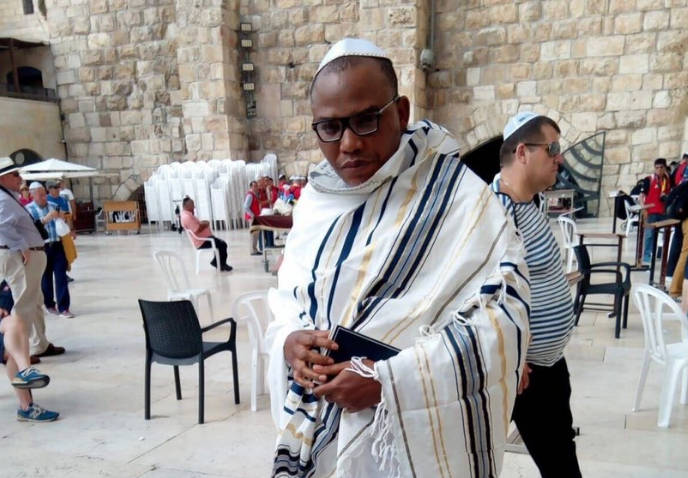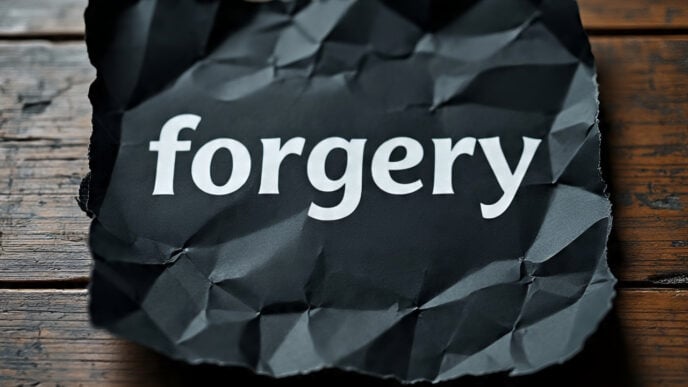BY MICHAEL ‘LEKAN ODUNLAMI
Most times when you visit a doctor, you usually expect competent care, honest communication and transparency alongside accountability. However, if the treatment leaves you worse off because of an avoidable mistake by the doctor or other healthcare professionals, then, that could be termed as medical negligence in law. The Nigerian law recognises your right to hold doctors or other healthcare professionals accountable when their actions fall below the expected standard of care. Typically, medical negligence occurs when a doctor, nurse, or other relevant professional fails to act with the skill and attention that a reasonably competent professional would have shown in the same situation, and that failure causes harm to a patient.
Negligence is not about every bad outcome that arises from poor handling by medical professionals. Medical practice carries huge risks, and some complications may be inevitable even with the best care possible. However, the pertinent question is whether the harm or injury caused was foreseeable and avoidable under those circumstances. If the matter finds its way to court, the courts will usually ask whether another competent doctor or medical practitioner, faced with the same facts, would have acted differently.
If the answer is yes, the doctor may have a case to answer. Please note that, in medical negligence cases, it is not that straightforward because proving that point requires evidence, medical records, and often expert opinion to show the court what harm or injury was caused and whether or how it could have been avoided.
Advertisement
In the case of Nigeria, the most common forms of medical negligence include, but are not limited to, misdiagnosis of medical conditions, surgical errors, wrong medication, failure to obtain expressed consent from patients before embarking on treatments like surgeries, and delay in treatment. Note that misdiagnosis or a late diagnosis is especially harmful, mainly because it allows a condition to worsen before the treatment commences.
Also, surgical mistakes like operating on the wrong site or leaving surgical instruments inside a patient are common but very serious breaches of professional care and conduct. In the same vein, medical negligence includes failure to advise patients on side effects of medications or drug interactions, wrong prescriptions, and overdoses occur either when assessments are shabbily done or omitted. Some doctors also fail to refer complex cases to specialists or to obtain informed consent from patients before procedures. In each of these examples, the patient’s right to safe and informed care is compromised.
The Nigerian courts have handled several cases on medical negligence. In the case of The State of Lagos v Dr Ejike Ferdinand Orji, the medical practitioner was held liable for professional misconduct following an incident in which a teenage patient suffered severe post-treatment complications. The complications arose after the doctor treated the patient for an injury to his left leg sustained during a basketball game. The tribunal found that the doctor’s conduct fell below the expected standard of professional care. Also, earlier cases such as Okonkwo v Medical and Dental Practitioners Council of Nigeria (2001) clarified that consent and communication are central to a doctor’s duty. In this case, the supreme court held that a competent adult has a constitutional right to refuse medical treatment even if it leads to their death. This case shows that treatment without consent is unlawful. Together, these cases show that negligence is not limited to reckless acts; it can also arise from simple carelessness or omission.
Advertisement
It is worthy of note to state that medical negligence claims in Nigeria face several challenges because of people’s apathy to pursue the cases. Many victims never take legal action against those hospitals because they lack awareness of the law or cannot afford legal expenses. The process can be expensive, lengthy, and hospitals often resist disclosure of records, which itself violates the rights of the patients and goes against the ethics of the medical profession. The Medical and Dental Practitioners Act and the Code of Medical Ethics regulate professional conduct, but enforcement is inconsistent and often delayed a great deal. Some cases also blur the line between civil liability, which focuses on compensation like in personal injury claims, and criminal negligence, which applies where recklessness causes death or serious injury to a patient, as in the case of Dr Okonkwo mentioned above.
If, during or after your treatment, you suspect medical negligence on the part of a medical practitioner, the starting point to seek compensation is to request your medical records from the hospital. Keep a record and diary of every symptom experienced, conversation with the healthcare professionals, and treatment options and decisions. Also, try and seek a second opinion from another practitioner to confirm whether the care you received was necessary and appropriate. The outcome of the second opinion will determine whether to speak to a lawyer with experience in personal injury claims to pursue your medical negligence case against such a hospital. In most jurisdictions, as in Nigeria, you must file a claim within a specific time limit, so act promptly to avoid being caught up by the “Statute of Limitation”, usually 3 years from the date you became aware of the wrongful act.
In the eyes of the law, medical negligence cases are not about punishing doctors or other healthcare professionals for their errors or wrongdoings; rather, they are about accountability and protecting patients’ trust in the health system and ultimately preserving lives. In Nigeria, patients often accept medical negligence and the resultant effect as the “Will of God”, but that is an absolute fallacy, so speaking up is the first step to safer medical practices. When doctors get it wrong, the law gives you a voice and using it can help prevent the same mistake from happening to someone else in the future.
This article is only meant for general understanding only and not legal advice. If you believe you’ve suffered any harm or injury due to a medical practitioner’s fault, and you are concerned about the viability of your case or high cost of hiring a lawyer, you can reach out to an experienced personal injury lawyer who may be willing to offer a free legal advice and handle your case on a “NO WIN, NO FEE” arrangement, which simply means you only pay if you win and get compensation.
Advertisement
Michael ‘Lekan Odunlami, Esq. is a Lagos-based personal injury lawyer at Claybrook Attorneys. He can be contacted via [email protected]
Views expressed by contributors are strictly personal and not of TheCable.









